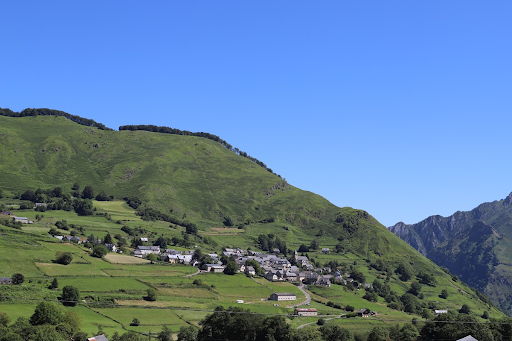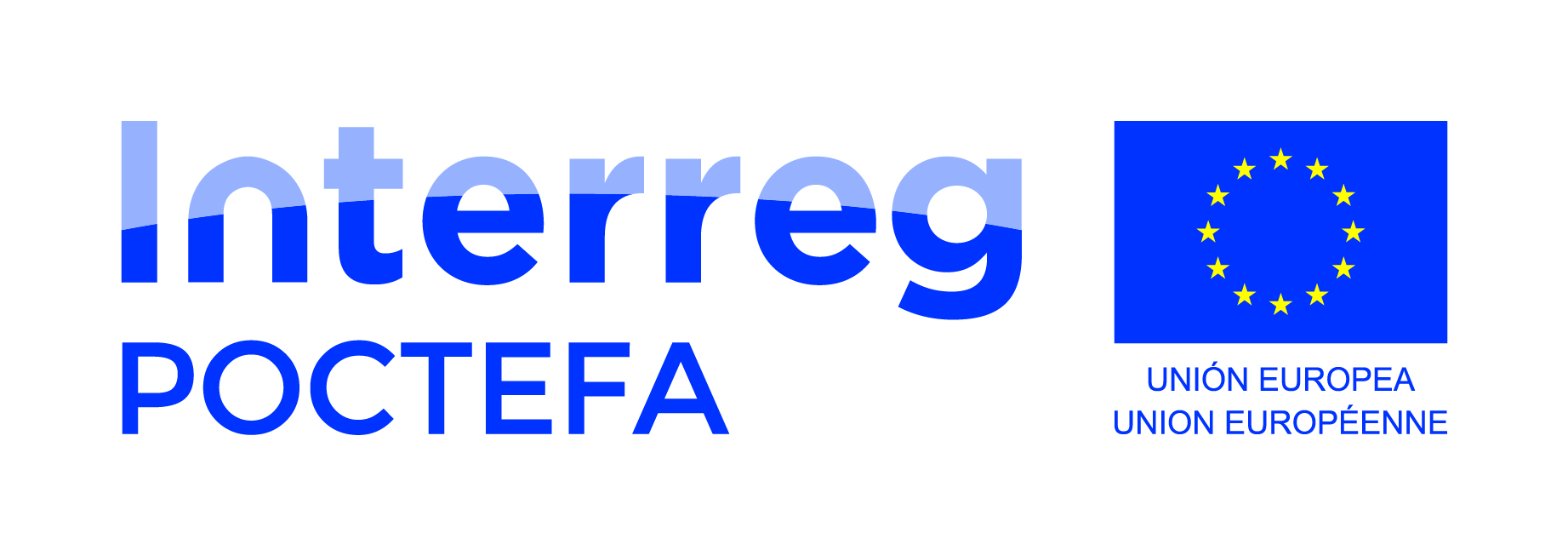
The European Union defends the importance to assign resources to projects that are committed to te protection of the environment. This not only includes the efficient usage of natural resources but also the exploitation of low-cost renewable energies to serve sectors of the urban and rural population.
To meet this needs the Article 8 of Regulation (EU) No. 1303/2013 of Common Provisions, POCTEFA includes sustainable development as an Horizontal Principle. This principle focuses on promoting environmental protection, efficiency in the use of resources, mitigation of climate change, and adaptation to it. It also considers that the effects of climate change can be a source of new opportunities. The resources of the region's renewable energy are very important, such as wind, solar, geothermal, and tidal energy.
To reverse the climate change situation we have to encourage the usage of geothermal energy in much more places, such as homes, industries, schools, or public buildings. PIXIL is a project where countries on both sides of the border (France and Spain) are involved and it promotes both scientific and technological development with the aim to improve the exploitation of geothermal energy in the region.
How does PIXIL helps to protect the environment?
PIXIL proposes transferring solutions based on information technologies and geophysical exploration in order to reduce the cost of geothermal exploitation projects. More economical energy will favor the introduction of geothermal energy, which plays a crucial role in the renewable mix of the future. The reason for its profit, despite its lower specific weight, is the fact that it provides energy on a constant basis, unlike the other renewable sources.
PIXIL has the firm conviction that the project will promote awareness of the advantages of renewable and clean energy. CO2 emissions are a major global concern. The government's and business' sectors commitment is increasing. Therefore, it is essential to continue growing and providing resources to the populations living in these regions and also try to replicate this experiencie in other parts of the world.



